
Omorphi by C. Kennedy from Harmony Ink Press
Blurb:
 High school senior Michael Sattler leads a charmed life. He’s a star athlete, has great friends, and parents who love him just the way he is. What’s missing from his life is a boyfriend. That’s a problem because he’s out only to his parents and best friend. When Michael accidentally bumps into Christy Castle at school, his life changes in ways he never imagined. Christy is Michael’s dream guy: smart, pretty, and sexy. But nothing could have prepared Michael for what being Christy’s boyfriend would entail.
High school senior Michael Sattler leads a charmed life. He’s a star athlete, has great friends, and parents who love him just the way he is. What’s missing from his life is a boyfriend. That’s a problem because he’s out only to his parents and best friend. When Michael accidentally bumps into Christy Castle at school, his life changes in ways he never imagined. Christy is Michael’s dream guy: smart, pretty, and sexy. But nothing could have prepared Michael for what being Christy’s boyfriend would entail.
Christy needs to heal after years of abuse and knows he needs help to do it. After the death of his notorious father, he leaves his native Greece and settles in upstate New York. Alone, afraid, and left without a voice, Christy hides the myriad scars of his abuse. He desperately wants to be loved and when he meets Michael, he dares to hope that day has arrived. When one of Michael’s team-mates becomes an enemy and an abuser from Christy’s past seeks to return him to a life of slavery, only Michael and Christy’s combined strength and unwavering determination can save them from the violence that threatens to destroy their future together.
Purchase Omorphi from Harmony Ink Press Amazon Barnes & Noble ARe/OmniLit
Cody talks about Character Development
Joseph Conrad, during a discussion of the writer’s ‘job,’ declared, “It is above all to make you see.” I wholeheartedly agree. Through our words, we must fill readers’ minds, hearts, and imaginations with thoughts, feelings, and visions in the mind’s eye. We do it in two ways by building interesting and relatable plots and characters. Arguments as to which of these two elements is more important have ensued between authors for millennia: the old “I wrote a plot driven story” versus “I wrote a character driven story.” Having had the benefit of having a prolific author as a grandparent, this conundrum was resolved for me early on. They’re equally important, as they are not strictly separate elements. You read that right and here’s a quote from my grandfather to help you:
“I have never understood how otherwise responsible writers and editors can talk about ‘plot’ and ‘character’ as though they were two separate elements. Plot grows out of character. Certainly, sometimes one starts with a good plot, but unless it can be fleshed out with three dimensional people it is a wasted plot.”
Though I don’t view them as entirely separate, today I’d like to share my thoughts on fleshing out characters with you. Our goal as authors is to make our readers feel for our characters as they would the real people in their lives. The more our readers care about them, the more emotion and imagination they’ll invest our stories. The most common list of character considerations is found in the acrostic, CHARACTER. You can find lists such as these all over the internet and there is no one list or right list to follow. In fact, it is generally best for an author to formulate his or her own list of considerations. In doing so, the traits and motivations that will appear are in keeping with that author’s writing style and the story and characters he or she has in mind.
Once we have listed our characters’ traits and motivations, we then envision them in the circumstances contained in our planned story. I take it two steps further. I try to envision them in circumstances that not only have nothing to do with the story I have in mind, but also in opposite roles. By going through this process, I come to know my characters, their similarities and differences, and their limitations. In my new novel, Omorphi, if I hadn’t been able to envision Michael and Christy before they met each other, I wouldn’t have known them as individuals. Similarly, if I had been able to envision them in reversed roles, I would have failed in my efforts to create distinctive characters.
From the first half of the prologue (excerpt below) and the first chapter of Omorphi here, we have “A Day in the Life of Michael Before Christy” and know a lot about Michael as a person, but we know nothing of Christy. Christy’s character and his motivations unfold as the story progresses. For purposes of this post, I wrote a small bonus scene— or, not so small. It ended up being seven pages long. I’m fairly certain I need therapy for indiscriminate propagation of words. “A Day in the Life of Christy before Michael” can be read here. From the prologue, chapter one, and the bonus scene, I’ve created the following character development list.
1. Communication style:
Much of our characters’ personalities comes through speech; think about the way characters will speak. Each character’s style of communication should be unique, and interesting. How does the character talk? Does s/he favor certain words or phrases? The sound of his/her voice?
Michael: Honest, almost to a fault and isn’t afraid to say what’s on his mind. Accent, speech pattern, and vocabulary are typically all-American-teen-casual until he becomes upset. When upset, his speech becomes more dramatic. Michael’s favorite phrase (along with his best friend, Jake) is “Always here for you, bro.” Swears occasionally.
Christy: Can’t communicate due to neck injury in beginning of story; when he finally can speak, he is reserved in speech and action. Though honest, afraid to speak what’s on his mind. Greek, but does speak English with Greek accent which he is able to overcome/hide. Vocabulary is extensive in Greek but limited in English, speech pattern, inflection, sentence structure and grammar tuned to foreign language. Does not have a favorite line. Does not swear.
2. History: You may not need to provide all of this background to your reader, but it’s important to know as it gives the character substance in your mind as you write. Where does the character come from? What was the character’s childhood and adolescence like? What events shaped the character’s personality? Did the character have a loving family or an abusive, dysfunctional one? What events led the character to the choices s/he made?
Michael: From America, comes from a “normal,” loving family, and lives an unmarred life.
Christy: From Greece, comes from a horrific background of abuse, has led a live of sexual slavery, and is just beginning to learn how to live.
3. Appearance:
Unless you’re writing a story like Elephant Man, this may be the least important component to make a character a person to the reader, but an author should have it in his/her own mind. What does he/she look like? Hint: most people aren’t beautiful in appearance.
Michael: Basic, no frills, plain wrap guy. Brown curly hair, green eyes. Typical runner’s body, tall, and slim. Dresses casually whenever possible.
Christy: Values appearance and is self-conscious; is unaware of his own beauty-the face of an angel. Beautiful eyes, skin, long, white-blond curly, hair. Stature is short, bordering on too thin, frail. Values his appearance and must always wear nice (and matching) clothes. He has favorites in lace and silk. Loves pretty baubles, bracelets and barrettes. Puts exceptional effort into caring for his long hair.
4. Relationships: People are often defined by the company they keep. What kind of friends and family does the character have? How does the character relate to them? Is the character very social or reclusive, or somewhere in between?
Michael: Very social, easy going, and has a wholesome best friend who is like a brother to him.
Christy: Has no idea how to be social, reclusive, emotionally closed off until he meets Michael, yet has a fellow resident at Wellington who he cares deeply about (4 year-old Darien).
5. Ambition/Motivation/Goal: This is not only the central concept of any character, but it is also central to plot. What is the character’s passion in life? What goal is the character trying to accomplish through the story? Does the character have an unrecognized, internal need and how will the character meet it?
Michael: Desperately wants a feminine boyfriend; wants to protect Christy at all costs.
Christy: Desperately wants to be loved and protected; wants to be “normal.”
6. Character defect:
Everyone has a personality trait that irritates friends or family and s/he will feel more real if s/he has some flaw, but don’t get carried away. After all, you want your readers to like your characters. This flaw can often be connected to a character’s unrecognized need: ambition/motivation/goal, and often gets resolved through character arc. Is he self-centered? Competitive? Lazy? Compliant? Demanding of others? Afraid? Unaware?
Michael: Unaware, stubborn, and can be temperamental.
Christy: Afraid, self-effacing, and compliant.
7. Thoughts: In real life, we don’t have the benefit of knowing someone’s innermost thoughts, but a story allows us to do just that. What kind of internal dialogue does the character have? How does the character think through problems and dilemmas? Is the character’s internal voice the same as external voice? If not, does this create internal conflict?
Michael: Michael has a very distinctive internal dialogue and, in fact, argues with the little voice in his head. The little voice continues to taunt and chide him through the story. Michael also believes every problem has a solution.
Christy: Christy has a very distinctive internal dialogue that is entirely off screen and reflected through his nature: hesitation, expressive eyes, odd little one-brow frown, tentative words. Christy is also acutely aware of life’s injustices and his own limitations.
8. Everyman-ness: Take care not to make your character too unusual or readers may have a difficult time living vicariously through them. I’ll add that a reader’s ability to live through characters is key to a successful story. How relatable is the character?
Michael: Very relatable in that he is comfortable to “be around.”
Christy: Relatable in that the reader is able to empathize with him, his plight(s), and his determination and desire to be “normal.”
9. Restrictions: Think Achilles’ tendon. More than a personality flaw, a character’s limitation(s) help humanize the character and make him/her more sympathetic and relatable. What physical or mental weakness must your character overcome through his/her arc?
Michael: His lack of awareness poses a threat to his ability to understand and help Christy.
Christy: The list is long. Childlike reasoning and judgment, lacks psychological and social maturity, anger management issues, stubbornness, blind determination, but most of all fear.
In sum, the more we know about our characters before we begin to write a story, the better our plots are driven.
****
Excerpt:
PROLOGUE
UPSTATE NEW YORK, March, 2011 (9 months before Michael meets Christy)
Michael slammed the front door, went straight to his room, and flopped onto his bed. Staring at the darkened ceiling, he thought he shouldn’t have slammed the door. He didn’t want to wake his parents. He rubbed his eyes with the heels of his hands and reminded himself for the umpteenth time in his seventeen-year history that he had to date girls to keep up appearances, no matter how much he hated it.
His mom filled the doorway to his room and leaned a petite shoulder against the doorjamb, concern in her eyes.
“Sorry, I didn’t mean to—”
“Don’t be.”
“—slam the door,” he finished softly.
“Maybe you should give it up?”
He ran an angry hand through his chestnut curls. “Ya think?”
“Bought you something.” She tossed the latest edition of Crash, the French fashion magazine, to him. He caught it against his chest and sat up quickly. She flipped the light switch, illuminating his room in the golden glow of the bedside lamp, and sat next to him on the bed. Tracing a fingertip down the cover model’s cheek, she said, “He’s beautiful.”
“She… and very. Thanks.” He one-arm hugged her.
“Why do you continue to put yourself through this misery?”
He released an anguished sigh. “I need to do it for the team.”
She smiled ruefully. “What time do you need to be up tomorrow?”
“Seven. The meet starts at ten.”
She stood and brushed a gentle hand over his hair. “See you in the morning. Sweet dreams.”
“Love you. And thanks.”
“Love you more. And you’re welcome.”
Michael flopped onto his back and studied the beauty on the magazine cover. He’d ached to have a boyfriend for as long as he could remember, and his heart almost couldn’t take it anymore. It felt cracked. Shattered was more like it. Maybe crushed was an even better word. An eggshell crushed by agonizing loneliness and raw longing. Why can’t I find someone like you, Andrej Pejić? His cell phone vibrated in his pocket, and he didn’t need to look at it to know who it was. Jake Santini was his best friend and like a brother to him.
“Hey.”
“How’d it go, bro?” Jake’s deep voice rumbled in his ear.
“Like all the others. Once I can’t get past the kissing, they get pissed off. Then I get pissed off. Then I take them home and cringe when I think about seeing them at school.”
Jake chuckled softly, not unkind. “At least you’re consistent. Sorry, man. What are you doing?”
Michael traced the pretty, blond curls on the magazine cover. “Mom bought me another magazine.”
“You jerking off yet?”
Michael made a face at the question. “No.”
“Look, bro, you know I love you, but you can’t spend your entire virginity pining over that Andrew guy.”
“It’s Andrej, and she’s the prettiest boy-girl in the world, and why not?”
“Whatever, man. It’s unhealthy.”
“All guys jerk off, and it’s not only healthy, it’s normal.”
“I’m talking about the pining part. You gotta do something about it.”
“Okay, I’ll just send Andrej an e-mail asking her out.”
Jake laughed. “You know, if anyone else said that to me I’d tell him a supermodel was out of his league. But with you, knowing how everything seems to fall into place for you, I wouldn’t be surprised if he said yes.”
“She.”
“She, he, does it really matter? I’ll leave you to it, then. See you tomorrow around eight?”
“Yeah.”
“’Night, bro.”
“Hey, Jake?”
“What?”
“Thanks.”
“For what?”
“Always being there.”
“Always here for you, bro.”
****
About Cody:
Raised on the mean streets and back lots of Hollywood by a Yoda-look-alike grandfather, Cody Kennedy doesn’t conform, doesn’t fit in, is epic awkward and lives to perfect a deep-seated oppositional defiance disorder. In a constant state of fascination with the trivial, Cody contemplates such weighty questions as: If time and space are curved, then where do all the straight people come from? When not writing, Cody can be found taming waves on western shores, pondering the nutritional value of sunsets, appreciating the much maligned dandelion, unhooking guide ropes from stanchions, and marveling at all things ordinary.
Cody’s Blog Facebook Goodreads Twitter @CodyKAuthor Cody’s Free Read Fairy
Follow Omorphi’s blog tour for three chances to win an ebook copy of Omorphi!
September 9th – Pre-kickoff post – Cody is a Featured Author on True Colorz and answers questions about penning Omoprhi
September 15th – The Novel Approach – Pre-release Q&A with Cody and a chance to win an ebook copy of Omorphi Review by The Novel Approach
September 18th – Author Will Parkinson – Will holds nervous Cody’s hand the day before Omorphi’s release because he promised to and Cody talks about Omorphi’s Cover and Bringing Omorphi to Life
September 19th – Mrs. Condit & Friends Read Books – Cody writes Perils and Pitfalls of Post Production Public Relations and a SECOND chance to win an ebook copy of Omorphi! Review by Mrs. Condit & Friends
September 19th – Smile, Somebody Loves You – Announcement post and Cody shares Omorphi Trivia with Beverly and Tamara
September 20th – Author Shira Anthony – Why I write the kind of stories that I do by Cody
September 21st – Author Jamie Mayfield – Why Omorphi and A Broken Kind of Life are Same but Different
Also on September 21st – Harmony Ink Press on Facebook: Meet Cody Kennedy and Jamie Mayfield
September 22nd – Cody’s Blog – Tony Edmondson, Fan Extraordinaire, interviews Cody
September 27th – Author Wade Kelly – Character Interview with Christy Castle
September 28th – Author Iyana Jenna, Fairy Fan Extraordinaire, Q&A with Christy Castle
September 29th – Author Zoe Lynn – The Notes Behind Omorphi’s Play List
October 4th – Sid Love’s Blog – Why the title Omorphi?
October 5th – Author Madison Parker – What makes Omorphi unique?
October 6th – Author John Ames – Q&A with Michael Sattler
October 12th – Boys on the Brink – Omorphi: Writing Sex and Violence in Young Adult works
October 13th – Author Jamie Fessenden – Cody shares Omorphi Trivia with Jamie
October 18th – Granny Irene – A Day in the Life of Christy Castle before Michael
October 18th – Author Sara Alva – Cody talks about Character Development and compares A Day in the life of Michael before Christy with A Day in the Life of Christy before Michael
October 19th – Author Sam Kadence – Cody Talks About Writing Action and the Suspension of Disbelief
October 20th – Cody’s Blog – Omorphi’s One Month Anniversary Trivia Contest!
To make things even more exciting, a new contest will begin on October 21st on The Novel Approach Reviews Blog to win an ebook copy of Cody’s novella, Safe, due out October 24th from Harmony Ink Press!

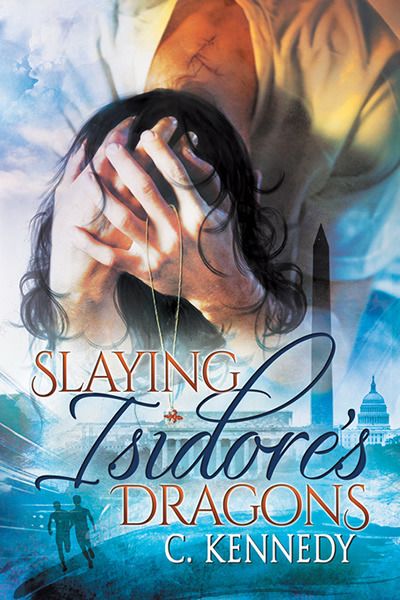
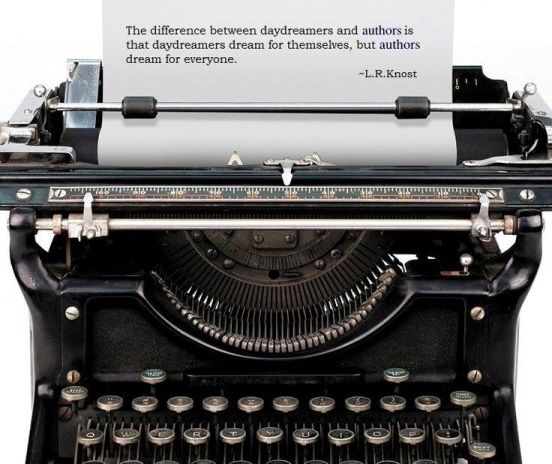
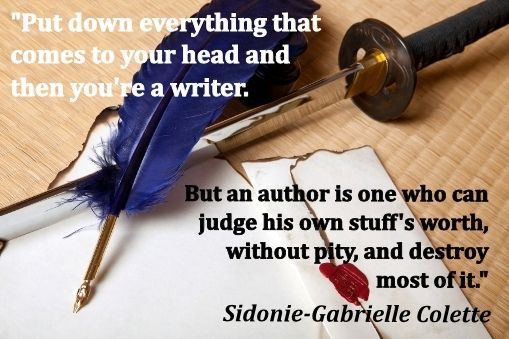
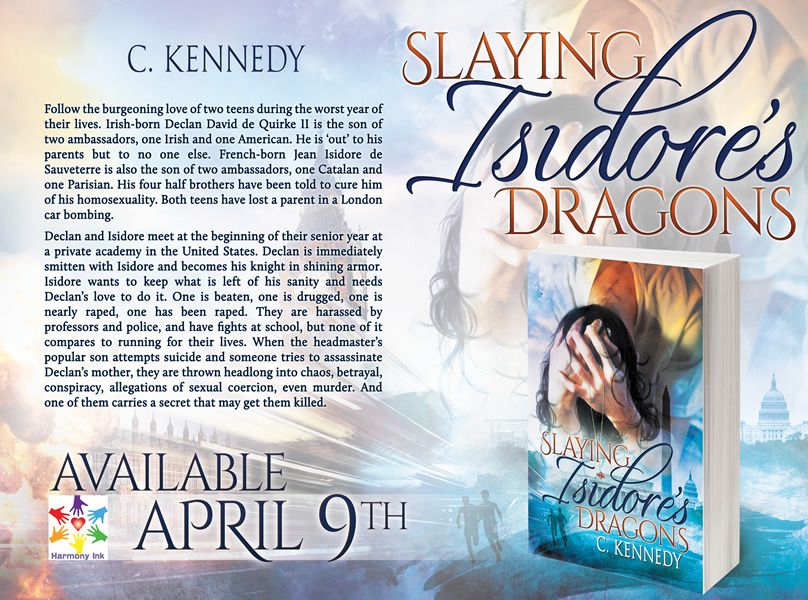



 High school senior Michael Sattler leads a charmed life. He’s a star athlete, has great friends, and parents who love him just the way he is. What’s missing from his life is a boyfriend. That’s a problem because he’s out only to his parents and best friend. When Michael accidentally bumps into Christy Castle at school, his life changes in ways he never imagined. Christy is Michael’s dream guy: smart, pretty, and sexy. But nothing could have prepared Michael for what being Christy’s boyfriend would entail.
High school senior Michael Sattler leads a charmed life. He’s a star athlete, has great friends, and parents who love him just the way he is. What’s missing from his life is a boyfriend. That’s a problem because he’s out only to his parents and best friend. When Michael accidentally bumps into Christy Castle at school, his life changes in ways he never imagined. Christy is Michael’s dream guy: smart, pretty, and sexy. But nothing could have prepared Michael for what being Christy’s boyfriend would entail.



 To celebrate the release of Play Me, I’m Yours, Madison Parker is hosting a giveaway. Enter to win your choice of a free copy of Play Me, I’m Yours or a $10 gift certificate from Rainbow eBooks by leaving a comment below along with your email address. For multiple chances to win, comment at each stop along the tour.
To celebrate the release of Play Me, I’m Yours, Madison Parker is hosting a giveaway. Enter to win your choice of a free copy of Play Me, I’m Yours or a $10 gift certificate from Rainbow eBooks by leaving a comment below along with your email address. For multiple chances to win, comment at each stop along the tour. 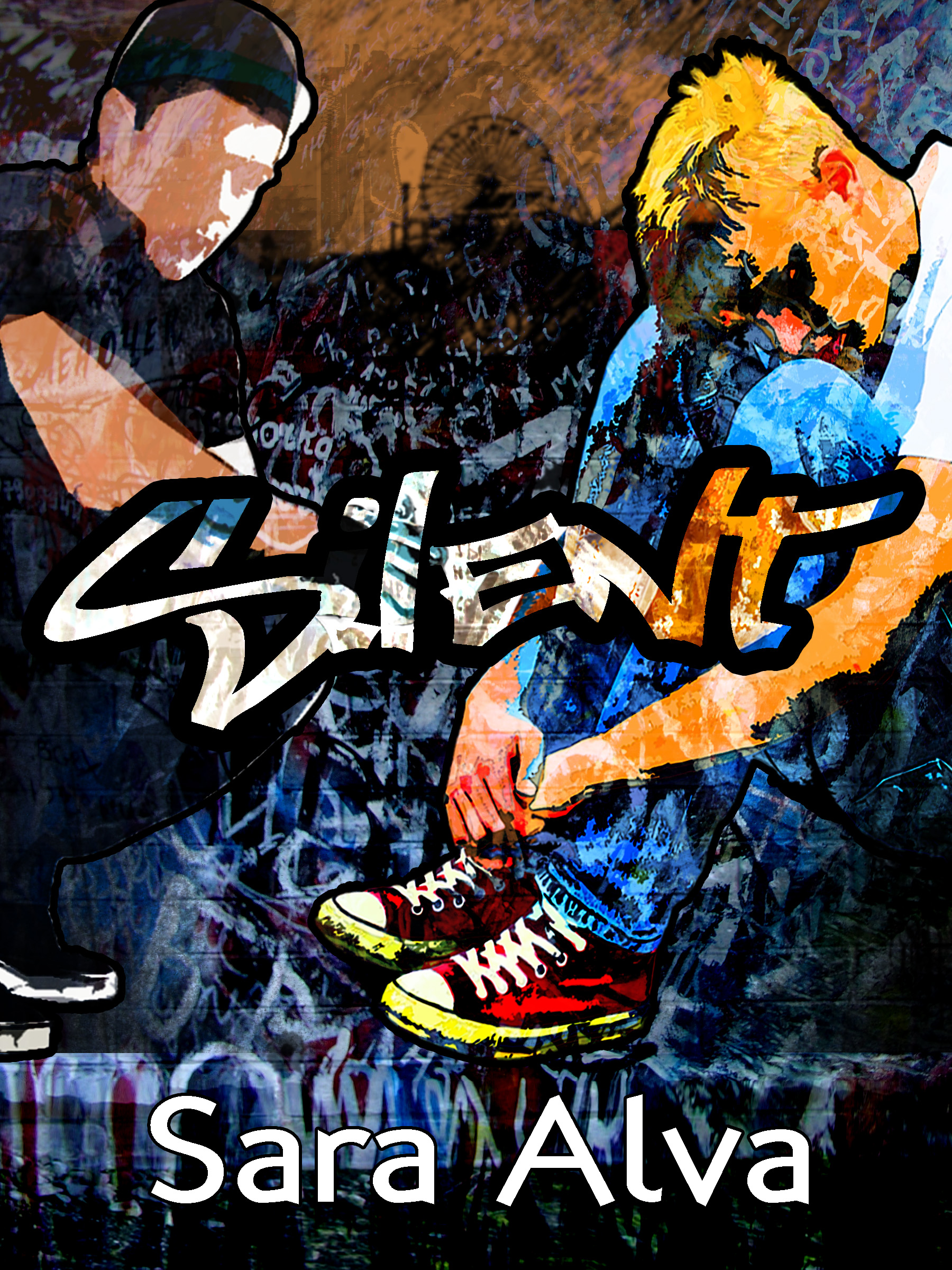
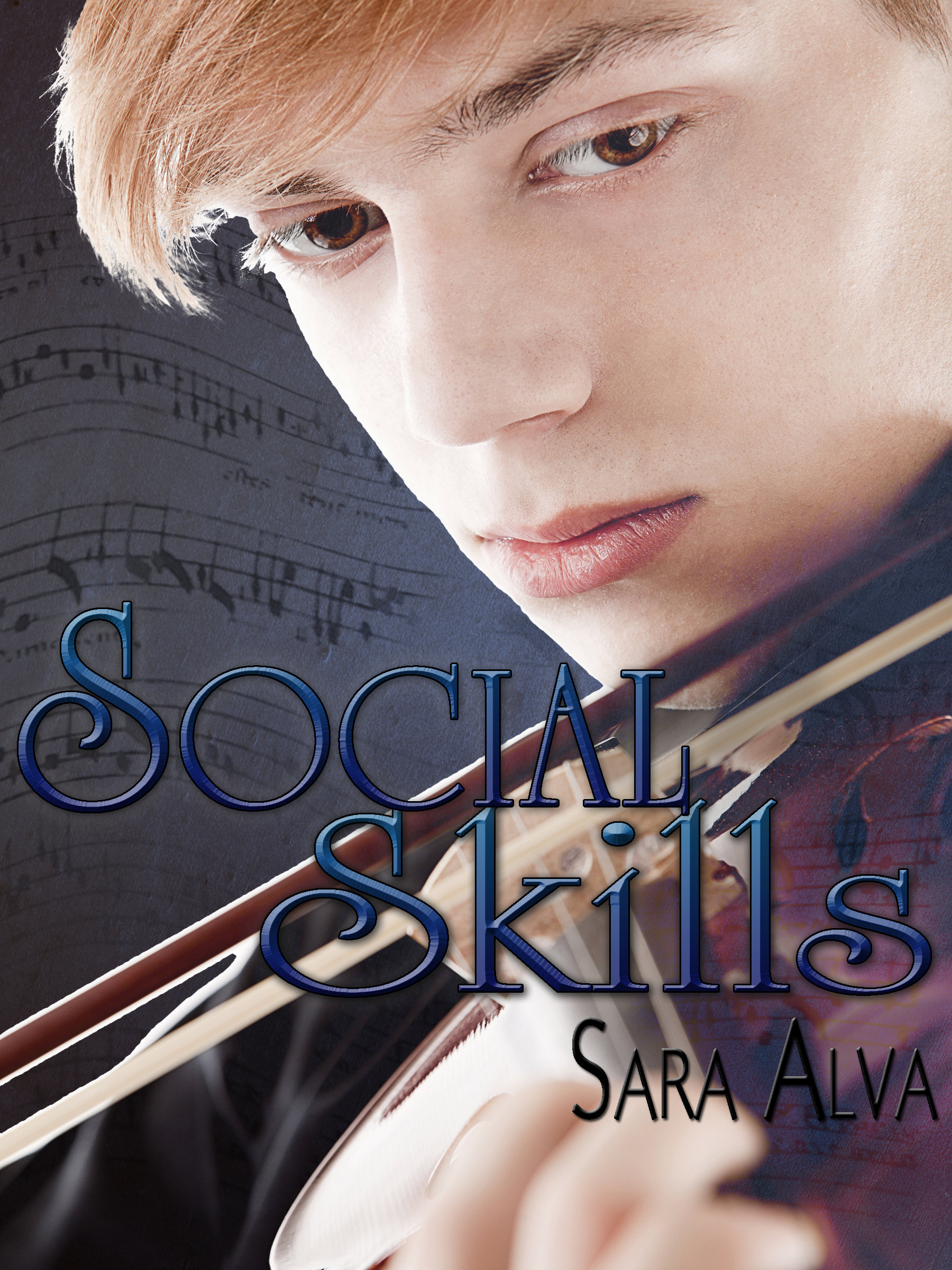



Recent Comments